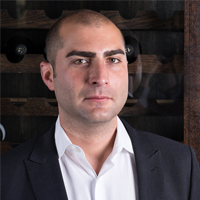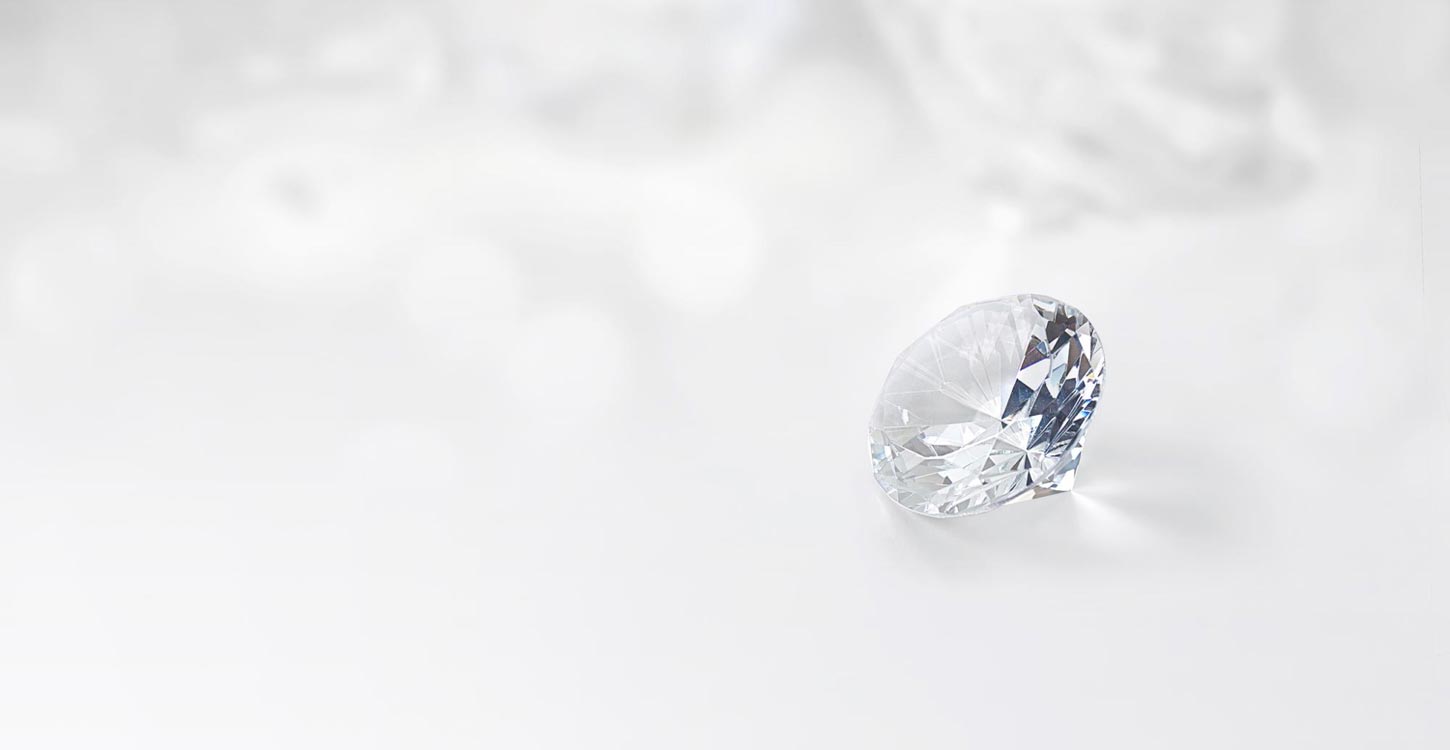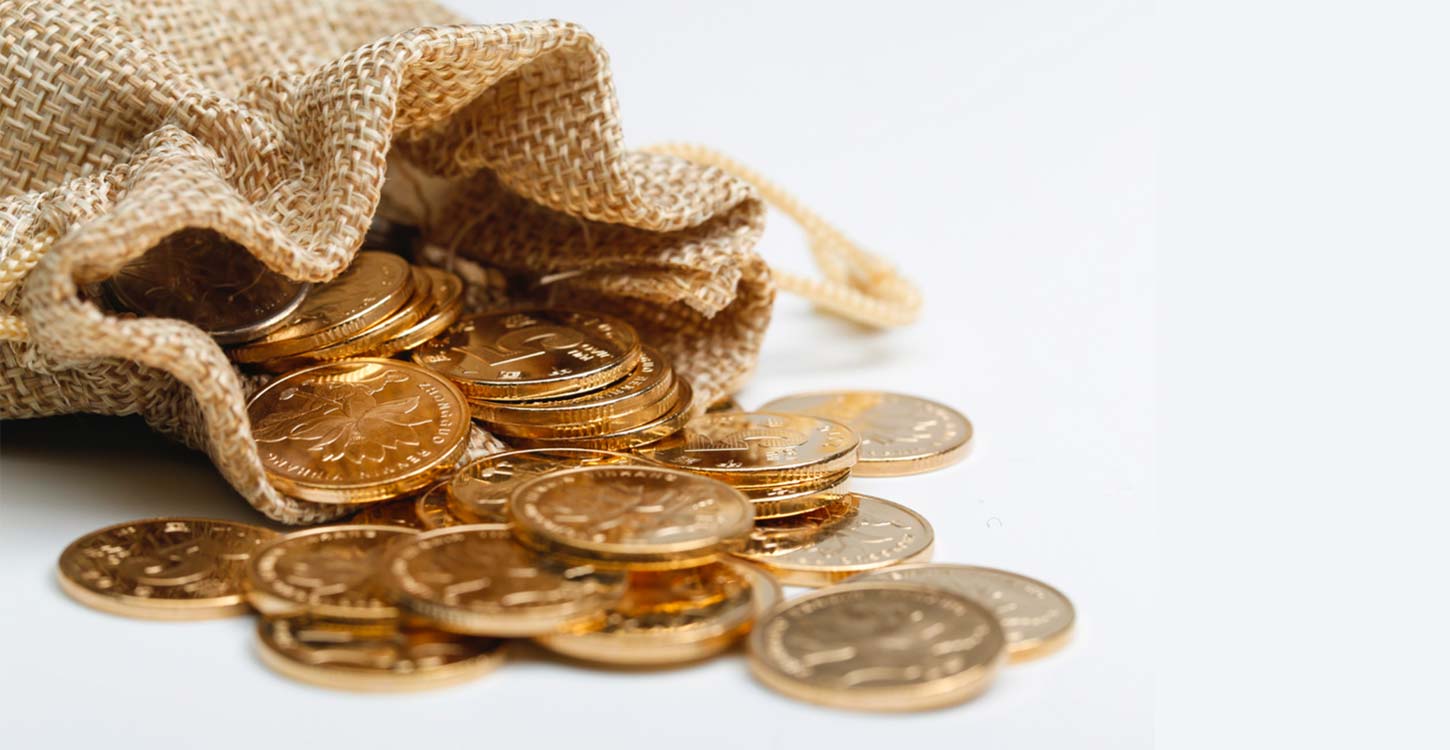Investing in fine wine can be an invaluable way to diversify portfolios as well as an exciting hobby for passion investors, explains Tristan Fletcher, a Director of Invinio.
The entrenched low-yield environment combined with risk concerns are making investors turn to alternative asset classes for higher returns and, crucially, greater diversification from traditional investments.
Over the past decade, fine wine has caught investors’ imaginations. There has been a huge increase in demand reflecting the growing number of affluent individuals in traditional markets such as Europe and the US, and also from emerging markets in the Far East and India. Allied to finite supply, this increases prices.
While much has been written about the diversification benefits and low volatility of wine investments, there has been relatively little on how to sensibly go about constructing a portfolio in this asset class.
The case for wine investment
Past performance: Over the past decade fine wine has proved a solid investment, with compound annual growth rates in the region of 10-15%.
Tangible asset: Similar to gold, silver and art, wine is a physical asset that is immune to inflation (governments cannot print more wine) and thus is a useful asset for protection against this in a portfolio.
Scarcity: Less than 1% of all wine produced worldwide is considered “investment-grade” and there is a finite production each year. As a fine wine matures and starts to be consumed the supply dwindles even further. With the demand remaining strong, this creates an inverse supply curve leading to price increases.
Rarity: Some investment-grade wines are produced in small quantities which are bought by investors and collectors on release. These wines are oversubscribed on release and the high demand allied to the small quantities creates a secondary market and subsequent price increases.
Tax-efficiency: Wine is classed as a wasting asset or “chattel” by HM Revenue and Customs and, as such, gains made on wine sales are generally free of Capital Gains Tax.
Hobby and passion investing
Hobby or passion investing is a relatively new phenomenon and the subject of some recent studies. It is defined as investing in collectible assets in which the holder has a keen interest and from which they expect similar investment returns to those from more mainstream asset types. Adding collectible assets such as jewellery, art, watches, vintage cars and fine wine to an investment portfolio can increase diversification, and allow collectors or investors to hold an asset which is tangible and interesting.
In a report published in last year by US-based BMO Private Bank, hobby investors were asked why they engaged in this type of investing and which motivations applied to them. In response, 62% said it was for enjoyment or fun, 54% said it combined interests with investing, 39% said hobby investing provides sound investments that will grow in value and finally 38% claimed it allows one to show off their investments to others.
Passion investors are driven by a number of different motivations, however the one thing that all investors have in common is a desire to maximise returns whilst minimising risk. In most cases traditional wealth and investment managers will not have the resources to advise on highly-specialised areas such as wine, cars or antiques. Additionally, a characteristic of passion investors is that although they may seek advice from time to time, they ultimately want to manage their portfolios themselves as that is part of the enjoyment. There is clearly a gap between investors’ desire to make well-informed portfolio management decisions and the largely subjective and broker-led information that has, until now, been all that was available.
Invinio aims to fill this gap by offering a statistically rigorous tool-set that allows emotionally-attached investors to take a more objective view of their passion investments. We have borrowed sophisticated portfolio construction methods from the investment banking and hedge fund industry to enable users to construct an optimally-diversified fine wine portfolio from scratch or re-balance an existing portfolio to buy or sell the wines that will have the strongest diversifying effect. It goes without saying that even fine wine collectors who buy wine purely for pleasure don’t want to see the value of their collections fall.
About the Author:
Tristan Fletcher is a Director of Invin.io, a new website that aims to give investors the tools to construct, keep track of and manage a cellar of wines as an efficiently diversified portfolio. Tristan straddles a career between academia as a researcher in computer science and the financial services industry, where he has worked in senior positions as an algorithmic trader and portfolio manager for some major investment banks and hedge funds.





